Why I Care About Clothes
April 23, 2024
Listen to my voiceover here.
I had a conversation last week that opened up my perspective a bit on clothes in general.
The conversation was about the global second hand market and how it may feel to be a country who imports huge quantities of used clothes. This opened up many questions for me, which I will come back to later in this newsletter and in future sharing.
So, reflecting on this much bigger idea of what the global secondhand market means eventually led me to why I care about clothes and how they make me feel. This newsletter is a more personal exploration to understand at least some of that and what narrative clothes have played in my life.
This has been a sneaky through line since college, high school, middle school probably since I was 5 which is how old my daughter is, and she has been obsessive about her clothes for the last few months. They are a real sign of her personality, and I think for her they matter so much because she gets to control part of her visual narrative and make very specific choices that represent her. Oh boy do I relate to that.
In college I became fascinated by the great designers, and I focused my senior thesis on Chanel and Dior. What I really came down to was the idea of how clothes tell the outside world who we are. In the case of Chanel and Dior, I didn’t appreciate Dior’s “New Look” that basically, as much as a dress can, told women to get back inside after World War II and make babies. I respected Chanel for her bold and authentic approach to life and clothing that was about feeling good, being comfortable, moving your body, enjoying the sunshine. In many ways, I love her feminism.
When I got a job at EILEEN FISHER at the tail end of senior year, my dear friend said to me, “But don’t you want to do something that matters?”. It didn’t really sting because I felt what I was going to do did matter- at least it really mattered to me. I think that she probably meant “Don’t you want to help people or do something more overtly ‘well-meaning’?”, but when I think about this I am reminded by how big of a global supply chain and industry clothing represents- and most importantly, all of the individuals who work in that industry. Millions (maybe billions?) of people’s livelihoods are based on clothing production these days. I don’t agree with or condone a lot of what happens in the global supply chain, but there is a huge variety of trades associated with textiles, and especially those learned trades are fascinating and special to me.
I will digress for a moment about Western formal wear with a personal anecdote. My father became a Buddhist in the 70s, when Buddhism was new to the US and was full of hippies. The way I understand it, the community my father was a part of was full of long haired super-casual folks who didn’t care much about how they looked. Then, their teacher changed the game and directed everyone to clean up their act, their wardrobe, their personal regimen. The teacher emphasized the importance of dignity and how personal appearance is a manifestation of that dignity. Soon, everyone was wearing suit jackets, ties and shaving every day. I share this to highlight this idea that clothes can mean so much more than just something to cover our body and keep us warm and protected. They can represent who we are and stand for some of our beliefs. Ultimately, I think it’s just a matter of feeling good, deeply good and uplifted, in what we wear. (Is there a word for putting contrary words next to each other like deeply and uplifted?) Some people- maybe like Einstein- can wear the exact same uniform every day and feel supported by that. Others, like me and many of you, prefer to choose what we wear every day as part of how we feel and want to feel.
Okay, so back to college! Although the styles of Chanel and EILEEN FISHER are quite different, their values are quite similar: feel good in your clothes, move your body, don’t let what you’re wearing stop you from doing what you want and need to do. So, when I landed at EILEEN FISHER, Inc, I felt at home working for a clothing company that was founded by a woman who wanted to make other women feel good.
Over the years, I started drinking the kool aid and filled my closet with cozy black and white everything. They are gorgeous clothes, but I have come to realize now that I don’t work there and don’t get free clothes, that they feel good, but they don’t feel like me. At least not at this point in my life. Over the past two years I have steadily purged almost an entire closet full of EILEEN FISHER clothing and replaced it slowly but surely with bright patterns and colors and things that make me smile and feel like an extension of myself.
So to come back to my original prompt… the conversation that got me thinking about all of this, it’s really this question (not for me to answer): how do people around the world want to feel in their clothes? How do people in countries who import vast volumes of used clothes from mostly the US and Europe feel about those vast volumes of used clothes? Can they find the things they want to wear? The things that make them feel like themselves? I am curious. I want to hold space for every culture and individual to express themselves with the clothes that feel right to them.
I would like to ask some folks:
How do your clothes make you feel ?
How do you want them to make you feel ?
Do you live in a country that imports or exports used clothes ? What does that mean to you?
Please let me know if you’d like to answer these questions- feel free to reply to this email with your answers, and I’d also love to chat voice-to-voice with a few people if you’ll let me know you’re willing to chat.
Related, tell me what questions you’d like me to address with this newsletter in general. I am always looking for interesting ideas! Feel free to send questions, complaints, misunderstandings, curiosities, whatever.
The Podcast: Understanding Branded Resale
Make sure to catch up on the 3rd episode we released - all about Dr. Martens. Our conversation with Anna Wickes about how Dr. Martens created their resale program was fantastic- what an iconic brand!
Until next week,
Cynthia

